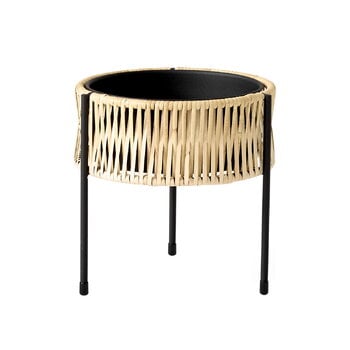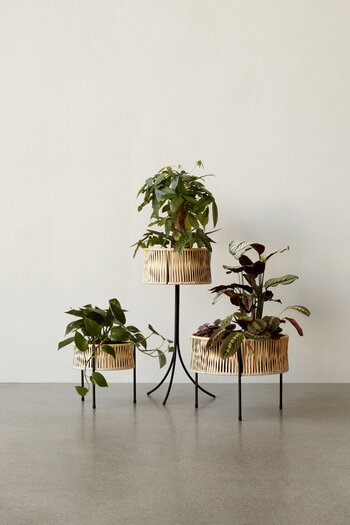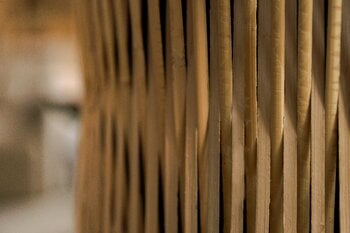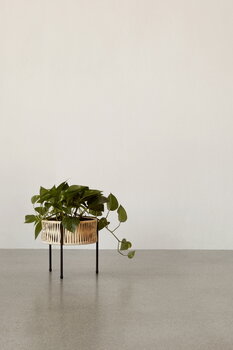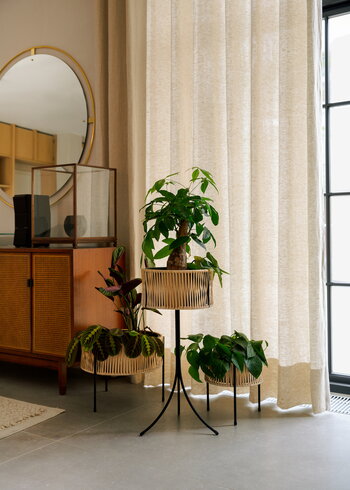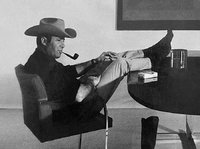The Audo Copenhagen Umanoff planter attracts with its sleek black steel and hand-woven rattan. Designed by Arthur Umanoff, the elevated planter provides a modern home for plants for both indoor and outdoor use.
The Umanoff collection brings iconic designs by Arthur Umanoff back into production. American-born Arthur Umanoff was one of the designers of the modern movement in the middle of the century. In his designs, Umanoff favoured long-lasting natural materials and stylish silhouettes.

